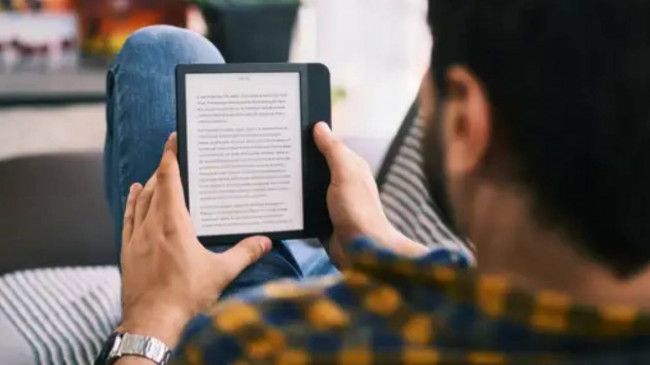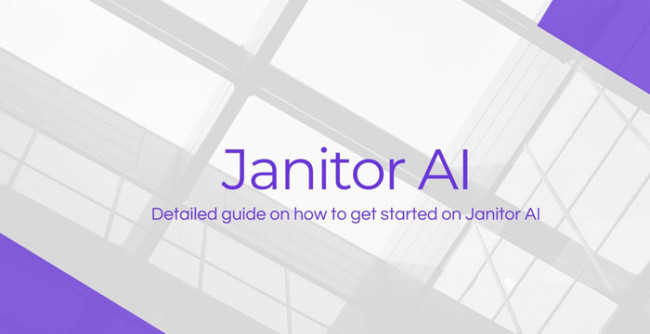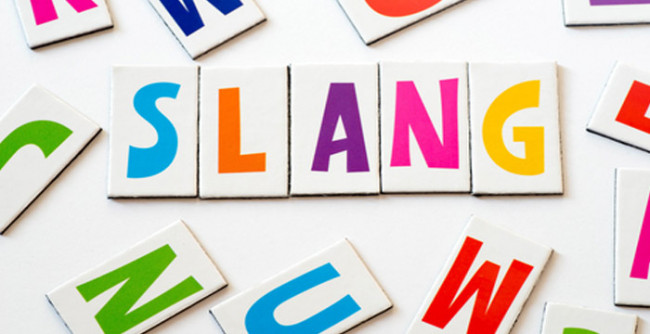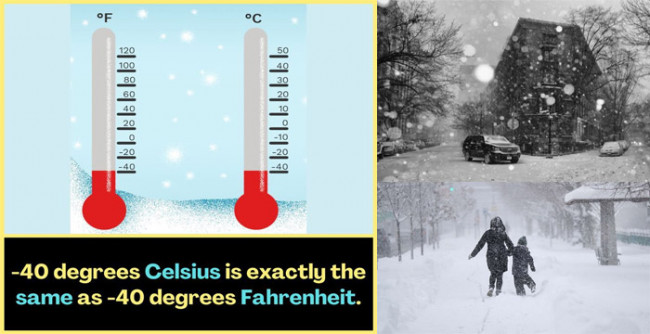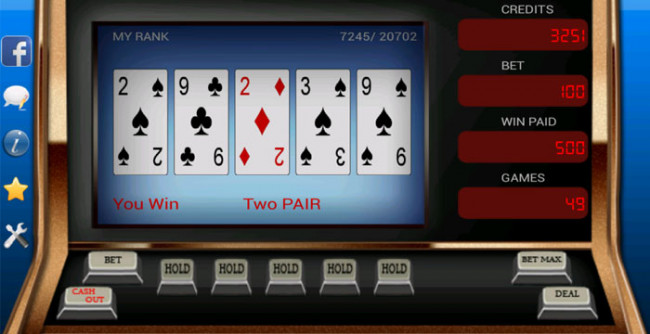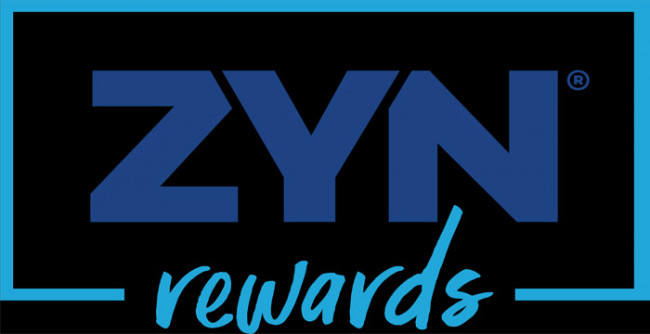Table of Content
Reading Without Leaving a Trace
Printed books have always carried a certain charm. The feel of paper between the fingers and the smell of ink on a fresh page are hard to forget. Yet each copy demands trees water and energy that add up over time. By contrast digital books exist as data. No forests cut down no trucks burning fuel to deliver crates of hardcovers. It is not a perfect system but the footprint is smaller and that makes a world of difference.
Zlib gives people a simple way to search while offering a huge number of books. That ease of access highlights the balance between convenience and sustainability. Instead of shelves lined with volumes that may never be opened an entire collection can live inside a pocket sized device. Fewer resources used means more room for cleaner choices in other parts of life.
Energy Costs in Perspective
There is a fair point that digital devices also consume energy. E-readers tablets and servers all run on power. Yet when measured against the full supply chain of a printed book the numbers tell another story. A single e-reader can hold thousands of titles. Printing those same works would take tons of paper along with gallons of water for pulp processing. Recycling helps but it does not erase the cost.
Some critics argue that digital reading changes the way people experience literature. They might miss the creak of an old spine or the act of lending a book to a neighbor. Even so environmental weight tips the scale toward digital. An e-library can cross borders without requiring cargo ships or airplanes. It turns reading into a lighter habit for the planet and the difference shows in long term resource savings.
A Shift in Habits
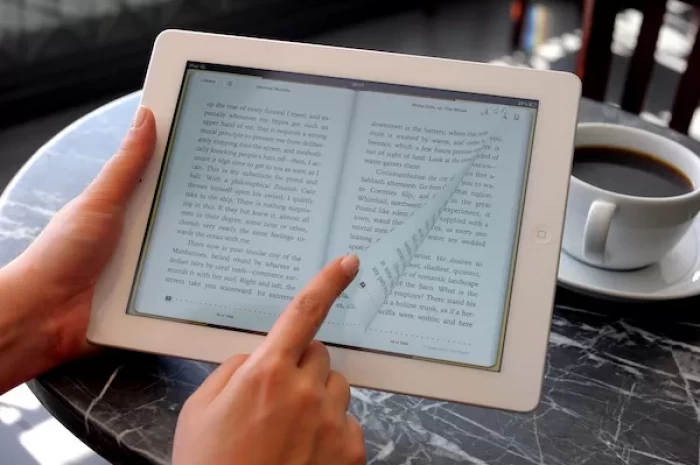
One of the biggest changes comes in how people collect and explore books. Digital platforms allow constant updates and limitless shelves. There is no worry about running out of space or about a book going out of print. A title from decades ago can appear on a screen in seconds. With time these shifts make reading not only more practical but also more eco friendly.
This shift has also encouraged creative ways of organizing reading collections:
Cloud based storage
Keeping thousands of titles in a single account changes the meaning of a personal library. Readers no longer have to pile stacks of paperbacks in every corner. Cloud systems reduce clutter while cutting down on the production cycle that keeps physical presses busy. The hidden effect is less waste which matters in the long run.
Shared digital access
When groups can share digital collections entire communities gain access without using extra resources. Schools can open up archives to hundreds of students without ordering a single shipment of books. The same digital copy passes through countless hands without wearing down. Knowledge becomes easier to spread without the environmental burden of constant printing.
Long term preservation
Digital formats keep rare works safe from damage by time or weather. Libraries of stone and wood face floods and fires but a properly backed up digital file can last indefinitely. For many forgotten works this is a lifeline. It is a modern way of keeping stories alive without filling storage rooms with fragile volumes.
At the same time digital reading does not erase the worth of print. Instead it reshapes the balance. A classic like "Pride and Prejudice" might still deserve a spot on the shelf while quick guides or textbooks are easier to keep in digital form. The combination makes daily reading greener and more flexible.
Greener Roads Ahead
The conversation about sustainable reading is far from over. For every person who swears by paper another finds comfort in the glow of an e-reader. What stands out is how digital formats cut down on waste without losing the spirit of reading. Z-library has become one way for many to explore this path. By linking people with vast archives it underlines how eco choices can also be practical choices.
Stories remain the heartbeat of culture. Whether printed on a page or displayed on a screen they travel across generations. What changes is the trail left behind. Going digital means fewer trucks on highways fewer forests cleared and fewer resources drained. Reading then becomes not only an escape into another world but also a quiet act of care for this one.

